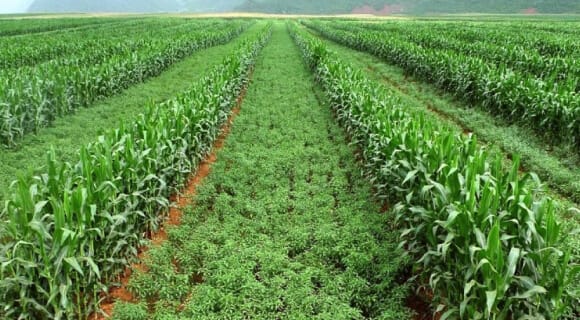Coriander, also known as dhania, is an annual herb that is widely cultivated for its aromatic leaves and seeds. Farmers in Kenya have, however, discovered its other unique use, which is to control pests.
The plant attracts pest-eating insects that feed on damaging pests saving farmers on pesticide costs. Ladybird insect, which is easily attracted to the Coriander, feeds on aphids, whiteflies, and mites, among other pests that attack crops.
Peter Magomu, a farmer with a one-eighth-acre plot, has cut production costs by more than half using the herb. The farmer intercrops a few stems of coriander with his cabbages, and the results have been impressive compared to a few months ago when he had grown tomatoes on the same farm.
He says aphids attacked and curled the soft parts of the tomatoes, draining all the plant’s juice. He used to spend about KSh200 daily in controlling the pests, but the cost reduced to KSh50 per day.
Simple steps to grow sukuma wiki in bags at your small home garden
Using Coriander has not only helped him boost income but also in wiping out the potential danger of excessive pesticide use. For effective control, coriander has to be planted earlier than the main crop.
Ladybirds, also known as ladybugs, play a crucial role in pest control. They feed on aphids, which are among the most destructive pests attacking a wide range of crops, including peppers, tomatoes, cabbages, kale, and more.
To ensure the ladybirds actively hunt the pest, farmers should ensure they do not overfeed. According to One Kind, a Scotland animal protection organization, a single ladybird can consume about 5,000 aphids during its three to six weeks lifespan.
They lay hundreds of eggs on aphid colonies and other plant-eating pests, and their offspring start feeding immediately after hatching, making them active and effective pest controllers.









